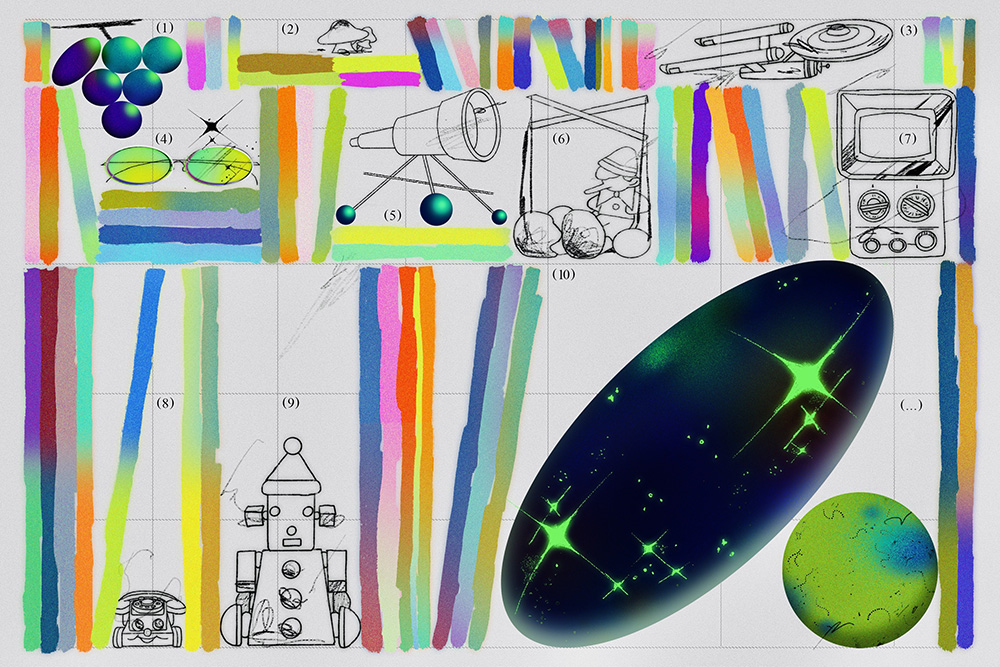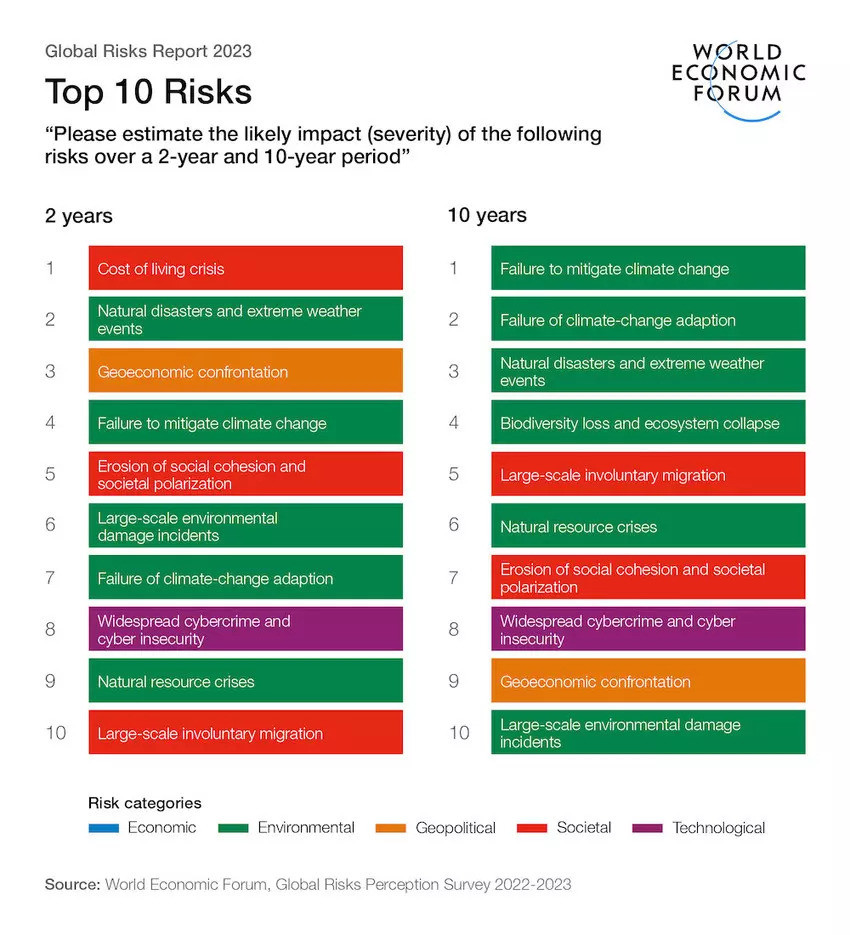
August 31, 2010
Death to Design Awards

Ego is the single greatest obstacle to innovation, collaboration and progress. Because central to innovation is the admission that “the old way” no longer works, and central to progress is the idea that we don’t yet know all there is to know, that we are incompetent in important ways that create room for failure, change and learning. Unfortunately, much of the creative industry — design and advertising in particular, but also photography, literature, the art world — has become an industry of ego. And its currency is industry awards.
Awards are awful. Awards breed ego, create false meritocracies and ultimately stymie innovation at every step of the award-granting process — from entry to evaluation to owning the win. Here’s why: For one, award shows are unbelievably self-selective, like a private school off limits to anyone but society’s upper crust of privilege. Entry fees are often prohibitively high, making it near impossible for emerging designers to even enter.
Even if entry fees were to be democratized with some sort of model that subsidizes lower-income designers, the next step in the process — evaluation and winner selection — reflects all the industry’s biases and homogeneity. Most juries are composed of some variation on the “old white guy” archetype, industry veterans with years of experience under their belts. And experience has its place, but as advertising icon Chuck Porter (admittedly, an old white guy) once said, “Experience is only valuable to the extent that the past repeats itself in the future.” Which, of course, it mostly does not, or at least should not if it is innovation we’re seeking. Specifically when it comes to design innovation, awards are essentially the old way judging the new way — and that’s no way to innovate.
Finally, we have the afterlife of awards. The output of this flawed and incomplete system of evaluation becomes the currency designers flash at prospective clients and use to bargain their billing rates. It makes clients lazy and designers complacent. Lazy because it creates a cheat sheet for judging the merit of a designer or studio, making the client uninterested in actual inquiry into the process, work and product of smaller studios and emerging designers who may actually have a better, fresher solution to the client’s problem than the award-encrusted top-biller. Complacent because it’s easy to buy into your own brilliance when you spend your days sitting across a shelfful of awards in your posh office. And between laziness and complacency, the whole marketplace for design becomes a self-contained universe isolated from the bigger cultural context in which it lives and from the human lives it touches.
So what’s the alternative? Can we create a system of recognition and a merit metric that isn’t bestowed top-down by a handful of omniscient industry veterans but, rather, extracted bottom-up from design’s impact on the cultural space, social function and community it lives in? This, of course, is an impossibly complex task because as soon as we step outside the industry silo and attempt to measure how “successful” a design object or system is in the field, myriad other factors come into play. Factors that span an intricate web of social dynamics, cross-disciplinary dependencies, political relationships, socioeconomic liabilities and cultural norms. Throwing an anthropologist or social scientists or engineer on that jury is not enough. (Though it’s a step.) Neither is creating a financial aid system for young designers to be able to enter award shows. (Though that is sorely needed.) We need to reevaluate the whole system of evaluation, we need to build a new meritocracy of design where success is viewed as a holistic function of how a design solution propagates across culture. We need a more complete answer to what makes good design. And we don’t have that today.
But that’s okay. Not having a perfect answer is okay. Because asking the very question forces us to at least consider this complex web wherein the true measure of design’s success lies. It forces us to entertain the admission that maybe, just maybe, we don’t know all there is to know. It forces us to lose our industry ego. And the world could use more egoless design.
Observed
View all
Observed
By Maria Popova
Recent Posts
A quieter place: Sound designer Eddie Gandelman on composing a future that allows us to hear ourselves think It’s Not Easy Bein’ Green: ‘Wicked’ spells for struggle and solidarity Making Space: Jon M. Chu on Designing Your Own Path Runway modeler: Airport architect Sameedha Mahajan on sending ever-more people skyward
 Maria Popova is the editor of
Maria Popova is the editor of 


